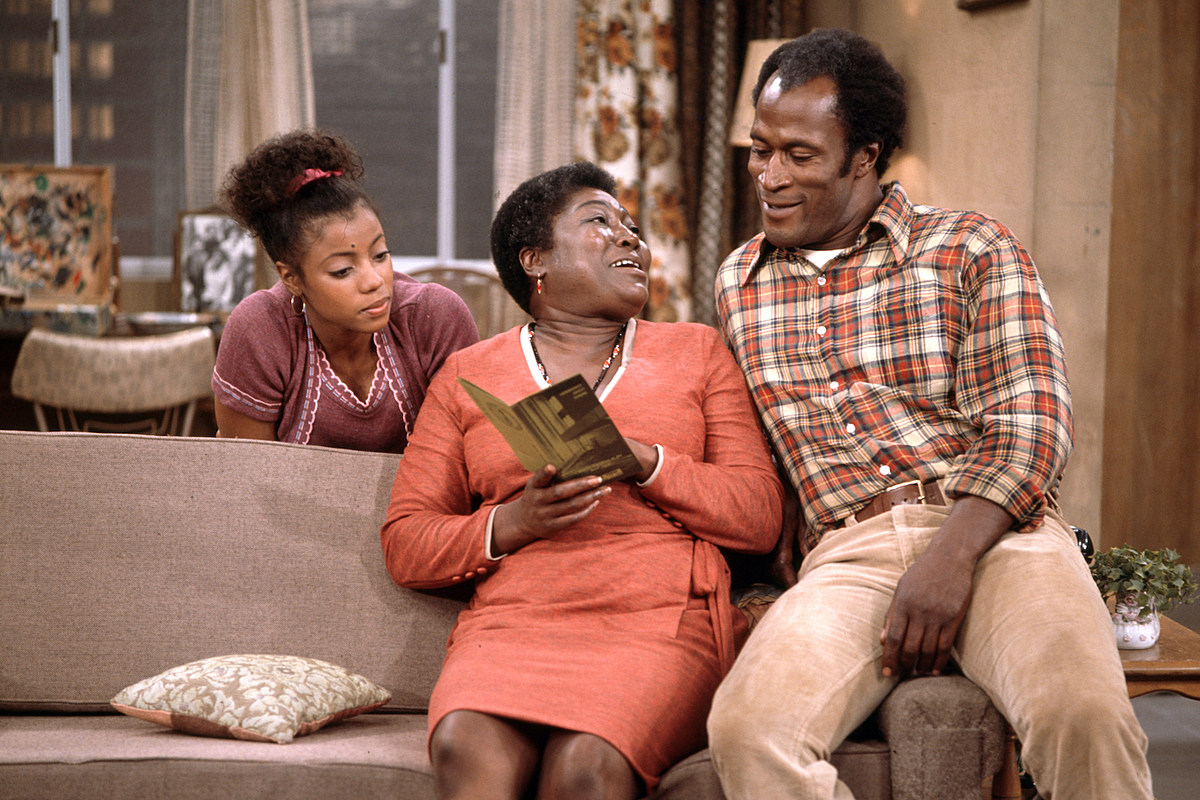At 78, the Good Times star breaks his silence: “She was fighting for something I didn’t understand… until now.”
For nearly half a century, fans of the classic sitcom Good Times have wondered what really happened behind the scenes — between its two biggest stars, Jimmie “JJ” Walker and Esther Rolle. Their on-screen chemistry defined an era, but off-screen? The tension was real. And now, at 78 years old, Walker is finally ready to tell the truth.
👉 What he revealed about his late co-star has shocked Hollywood — and moved fans to tears.
In a rare, emotional interview, Walker peeled back the curtain on one of television’s most iconic — and complicated — partnerships.
“We had very different visions,” he admitted quietly. “I wanted to make people laugh. Esther wanted to make people think. Back then, I didn’t understand how important that was.”
🎬 Good Times wasn’t just another sitcom. It was the first Black family show on American television, and Esther Rolle, who played the strong matriarch Florida Evans, was determined to make it matter. She fought for dignity, authenticity, and depth — even when it put her at odds with the show’s breakout star.
“Esther didn’t want us to be a joke,” Walker confessed. “She wanted the world to see a real Black family — with struggle, faith, and love. I was young, I wanted the laughs. But she… she wanted legacy.”
Behind the laughter and the catchphrases — especially Walker’s iconic “Dy-no-mite!” — there was growing creative tension. Rolle often clashed with producers and writers, insisting the show shouldn’t reduce its characters to stereotypes. Walker now admits he mistook her passion for criticism.
“I thought she was against me,” he said. “But now I see — she was protecting me. Protecting all of us.”
For years, rumors swirled about their strained relationship. Some called it a feud; others said it was pride. But Walker’s recent confession reveals something far deeper — a clash between humor and history, entertainment and empowerment.
And tragically, the two never had the chance to reconcile before Rolle’s passing in 1998.
“I wish I’d told her I respected her,” Walker said softly. “She gave that show its soul. Without her, Good Times wouldn’t have meant anything.”
Now, in his later years, Walker says he finally understands what Rolle was fighting for — representation, respect, and reality in a world that too often dismissed both.
“She wanted people to see us not just as funny, but as human,” he said. “It took me decades to get it. But I get it now.”
As fans look back, Walker’s honesty has sparked a wave of nostalgia — and reflection. Good Times wasn’t just television. It was a cultural milestone born from creative tension and fierce conviction.
And in telling the truth, Jimmie Walker isn’t just setting the record straight — he’s healing history.
Today, as he enjoys a new chapter in his life, Walker’s heartfelt words remind us that sometimes, our greatest lessons come too late — but never too lost.
Because behind the laughs and catchphrases was a woman who dared to demand more — and a man who’s finally learned why that mattered.






